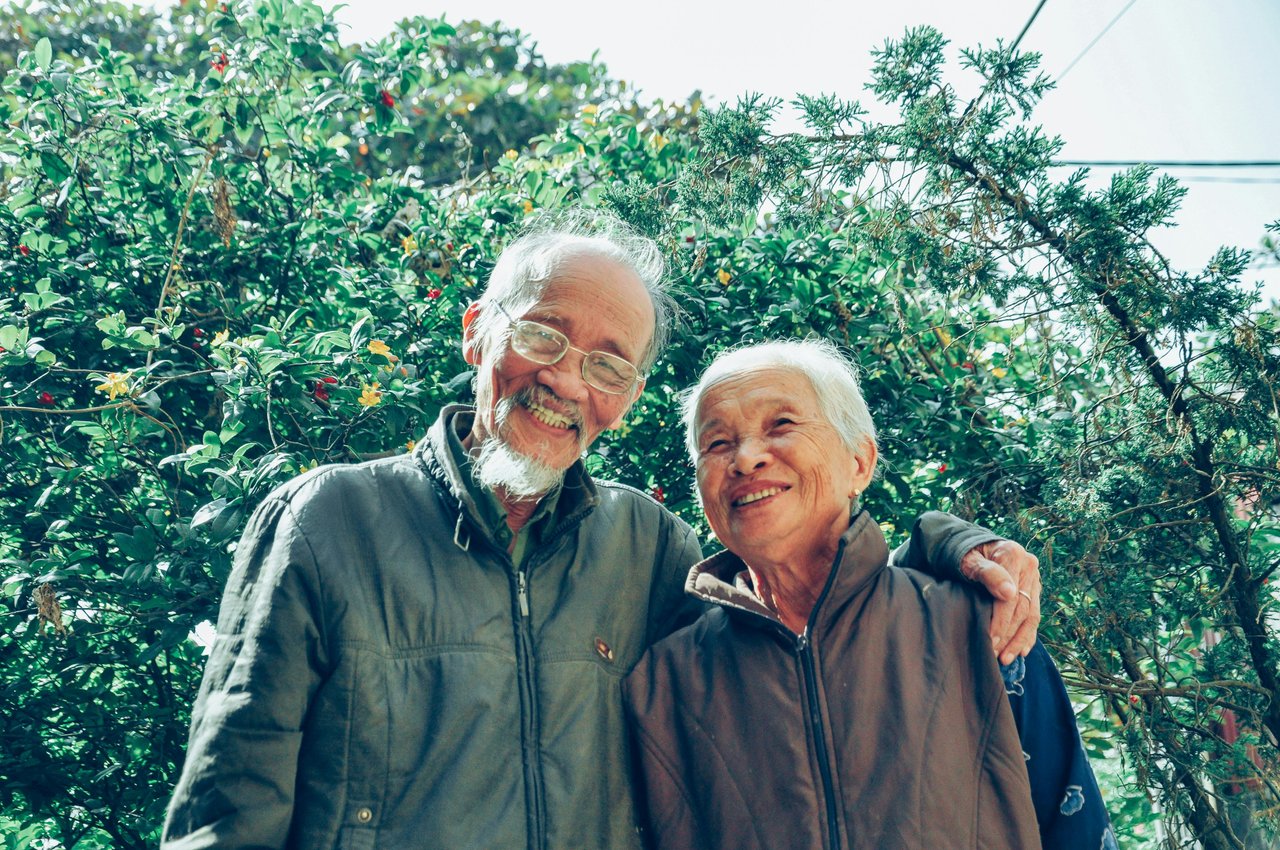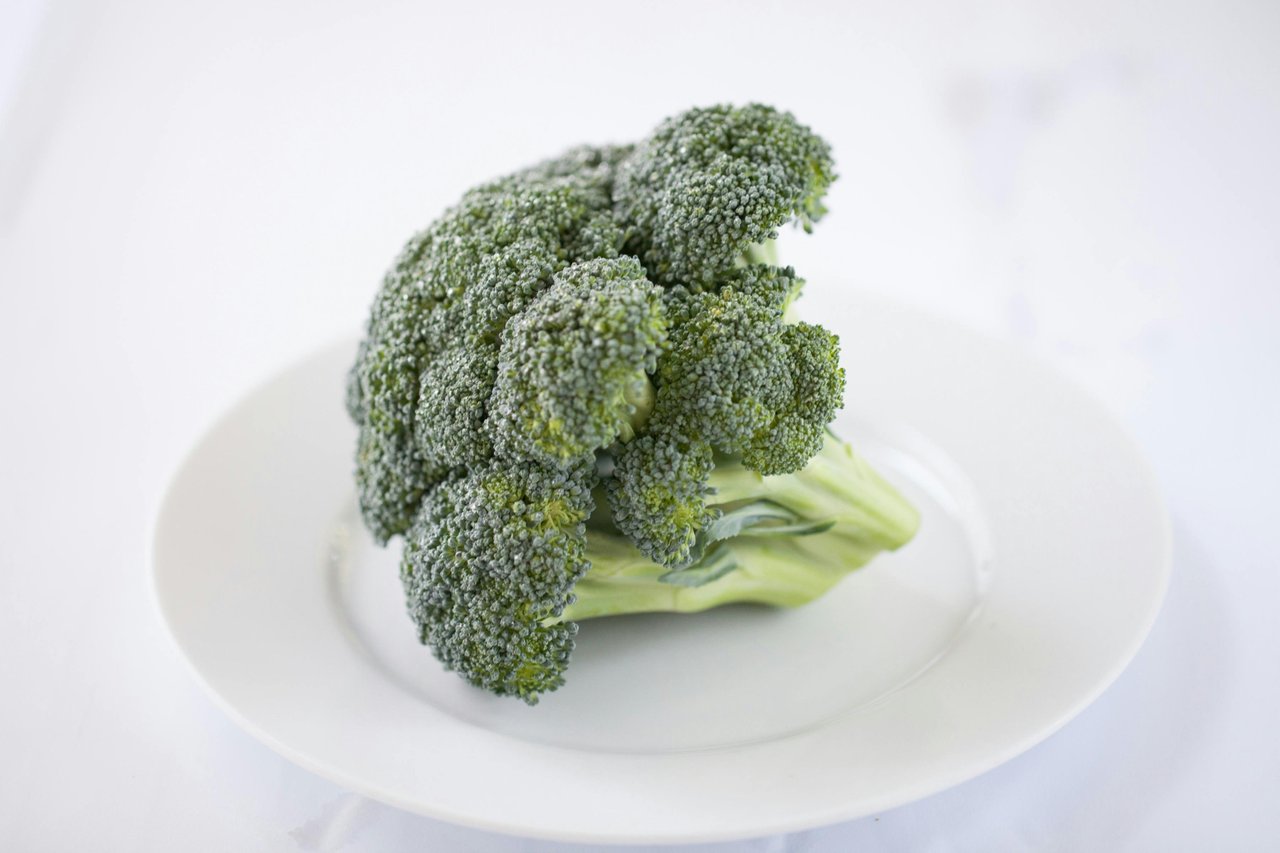INTRODUCTION |
|---|
Ageing (American English - Aging) is the process by which one is becoming mature (in the aspect of growing older), Humans, plants and animals have the potency to die. Although some fungi, bacteria perennial plants and some simple animals could be said to be immortal biologically (Does not have the potency of dying).Though this article will be focused mainly on humans and their growth process.
Biologically, ageing refers to single cells within an organism which have ceased dividing or the population of a specie. In humans, aging could be seen as accumulated changes in human being over time, encompassing three aspects in humans, physical, phychological and social aspect which is always due to change.
Also, certain reactions come as a result of age, while certain memories and general knowledge are prone to increase.
Cancer, Alzheimer's disease, diabetes, cardiovascular disease are associated with aging. Death comes sometimes as a result of this age-related disease. Acceleration of age could also be due to obesity. There's no specific age where ageing is to occur.
DIFFERENT LEVELS AT WHICH AGEING OCCURS |
|---|
Ageing occurs at different levels:
Teenagers lost the ability to hear high frequency sounds (this could be above 20 kHz)
Wrinkles appears in the face
From the late teens to the late twenties female fertility declines.
In the early thirties, the mass of the human body decline until the late seventies, showing dampening oscillations.
People who are in their late thirties (from thirty five years and above) they are at the increasing risk for loosing strength in the cillary muscle of the eyes which leads to difficulty in seeing close objects or presbyopia (physiological insufficiency of accommodation associated with the ageing of the eye that results in progressively worsening ability to focus clearly on close objects).
Majority of the people experience presbyopia at age 45-50.
At age 50, hair turns grey, hair loss occurs by the age of 50 affecting 30-50 percent in males and a quarter of females.
Menopause occurs between 44-58 years of age.
Majority of people who are seventy five to eighty years of age experience loss in hearing.
Over twenty five percent of those whose age fall above eighty five years experience frailty (a syndrome of reduced strength, physical activity, physical performance and energy).
Dementia becomes often common with age, three percent between the ages of 65 and 74, nineteen percent between the ages of 75 and 84 while majority of the people from 85 years and above experience dementia.
Age also brings about visual impairment which could lead to depression. Though it's not as rapid as young people experiencing depression.
Macular degeneration could lead to vision loss and increases with age, this only affects twelve percent of those above the age of eighty. This is caused by systematic changes in the circulation of waste products and by growth of abnormal vessels around the retina.
Visual disease that are age-related are cantaracts and glaucoma. Cantaracts (The lens of the eye becoming cloudy making vision blurry and eventually causing blindness if not treated). They had the tendency to develop over time and are sometimes seen with those who are quite matured in age. Cantaracts could be treated through surgery. Glaucoma (caused by damage to the optic nerve causing vision loss).
According to research, age related risk of death is stable after age 105, the maximum lifespan of human is 115 years.
Though there are some risk associated with ageing, eating fruit and vegetables have a way of leading to an extension of age.
ANTI-AGEING VEGETABLES |
|---|
Here are some vegetables which could be a leading factor to the extension of age.
Broccoli:



